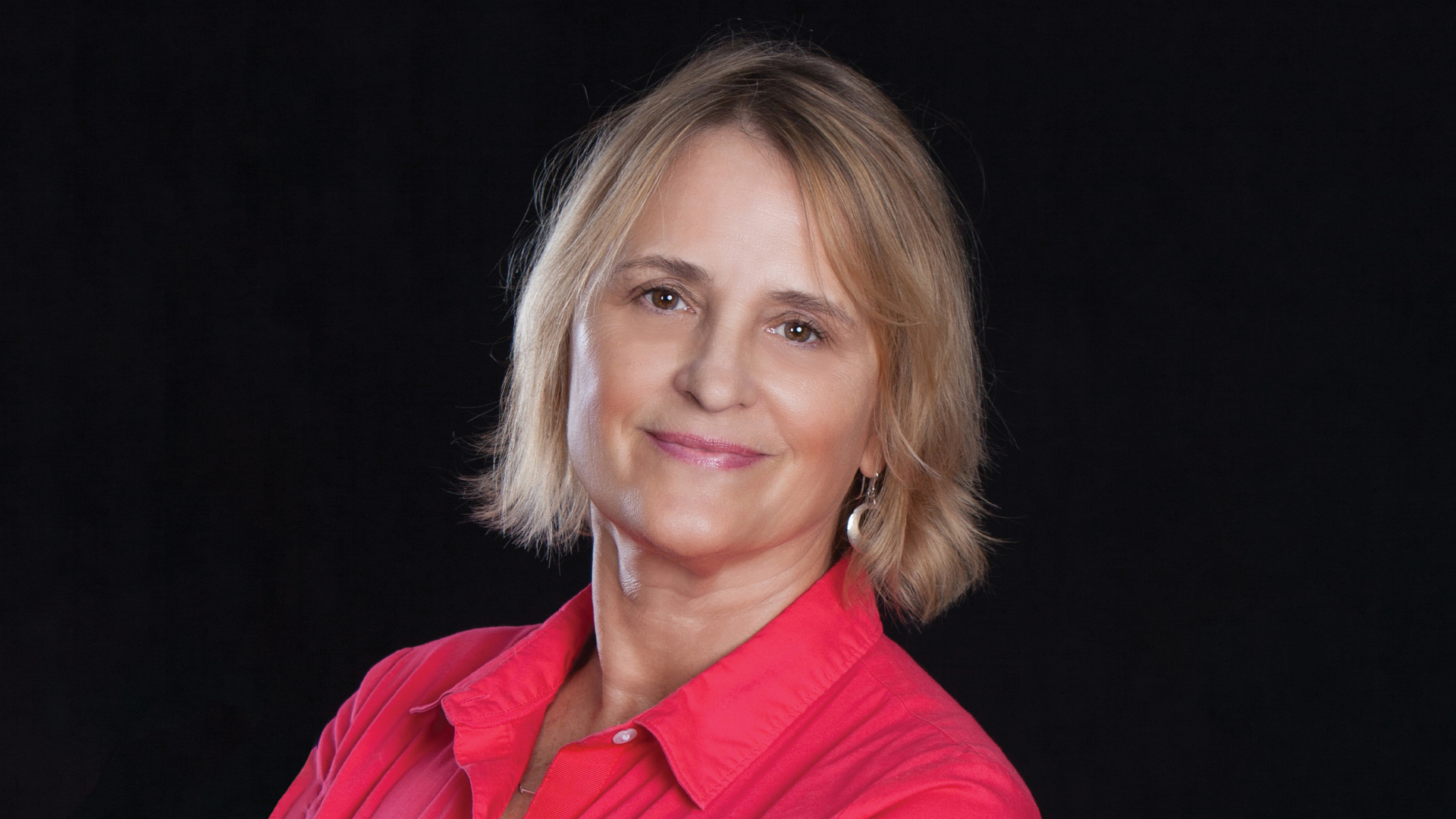Thursday, Apr 25, 2019
Cynthia Oberkofler ’84, ’14 enrolled in Rider’s organizational leadership master’s program while leading Millhill Child & Family Development
by Keith Fernbach
Cynthia Oberkofler ’84, ’14 enjoyed a successful career as a financial analyst before taking a hiatus to raise a family. When it came time to return to the workforce, she decided a change was in order.
“I wanted to do something that made a difference,” she says.
Using her finance background — Oberkofler received a Bachelor of Science in Commerce with a major in Accounting from Rider University — she began working as the chief financial officer at Millhill, a nonprofit whose mission is to assist resource-challenged children and families in the Trenton area.
After serving as CFO for a number of years, Oberkofler enrolled in the Master of Arts in Organizational Leadership program at Rider with the dual goal of earning a graduate degree and becoming a more well-rounded manager.
“Graduate-level education is very prevalent in the nonprofit sector,” she says. “At Millhill, we have psychiatrists, a neurodevelopmental pediatrician, and master’s level social workers, therapists, and teachers. I felt I needed to have a master’s degree to continue on my career trajectory.”
Today, she is the executive director of Millhill, which focuses on four primary areas: education, family support, behavioral health, and youth engagement programs. Some of the many programs it administers include a preschool, a literacy camp for children in grades K-4 and a support program for children in foster care.
Explaining why she chose Rider’s organizational leadership program, she says, “My undergraduate degree in accounting was extremely useful, but you don’t learn about the soft skills (things like teamwork, problem-solving and communication) in accounting courses. I picked up some of it through my work experience, but I wanted the benefit of having it taught to me in a more formal way.”
Oberkofler says the skills she learned through Rider’s organizational leadership program have enabled her to be more effective in her job.
“As a manager, sometimes you’re working with your gut instinct or using your past experience to guide you, but actually having a formal education around organizational leadership has made me aware of the most effective and efficient approaches to take,” she says.
She cites learning how to use survey techniques as one example of something she learned that has been relevant to her work. “We were looking at getting a new health insurance plan,” she recalls, “so we surveyed the staff to see what they liked about the current plan and what they’d like to see in addition to what they had. Bringing staff into the decision-making process was great for morale as well as resulting in a better decision.”
Other topics covered in the program that have been beneficial to her include strategic planning, conflict resolution and approaches for implementing process change. “These are all very important tools for anybody to have in their toolbox, whether they’re in a nonprofit or for-profit.”
In fact, with eight directors reporting to her, Oberkofler would recommend the program to her colleagues for their own professional development. “This program would be very useful for our directors in terms of helping them grow as managers,” she says. “I think anybody who is on the management track could benefit from the coursework.”

